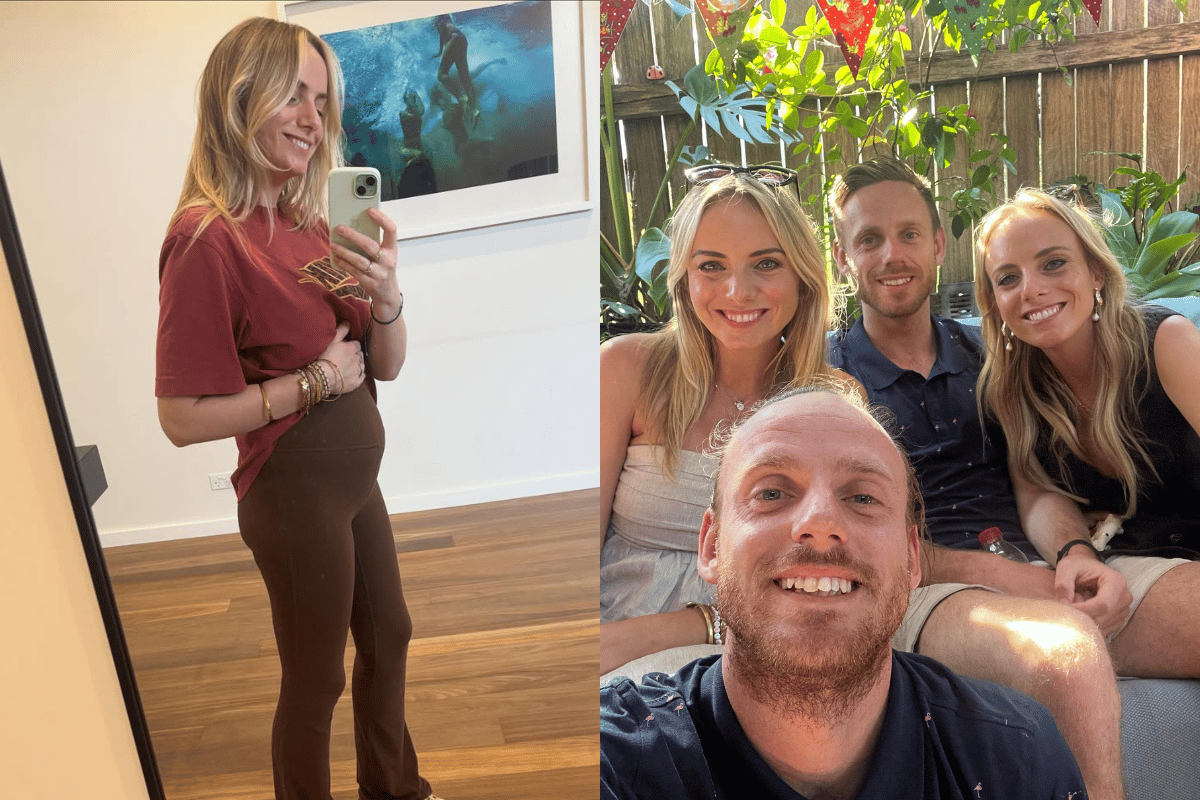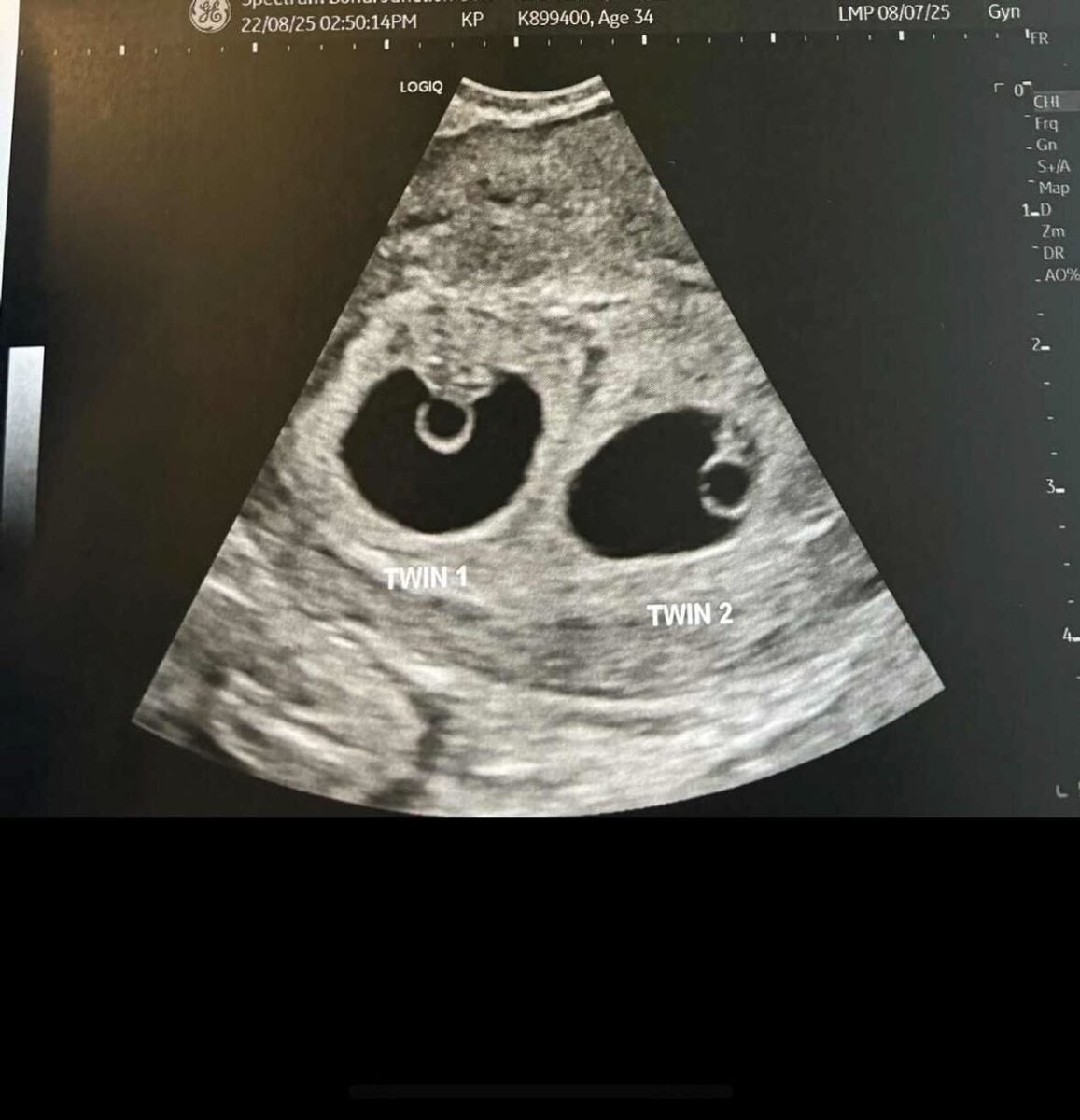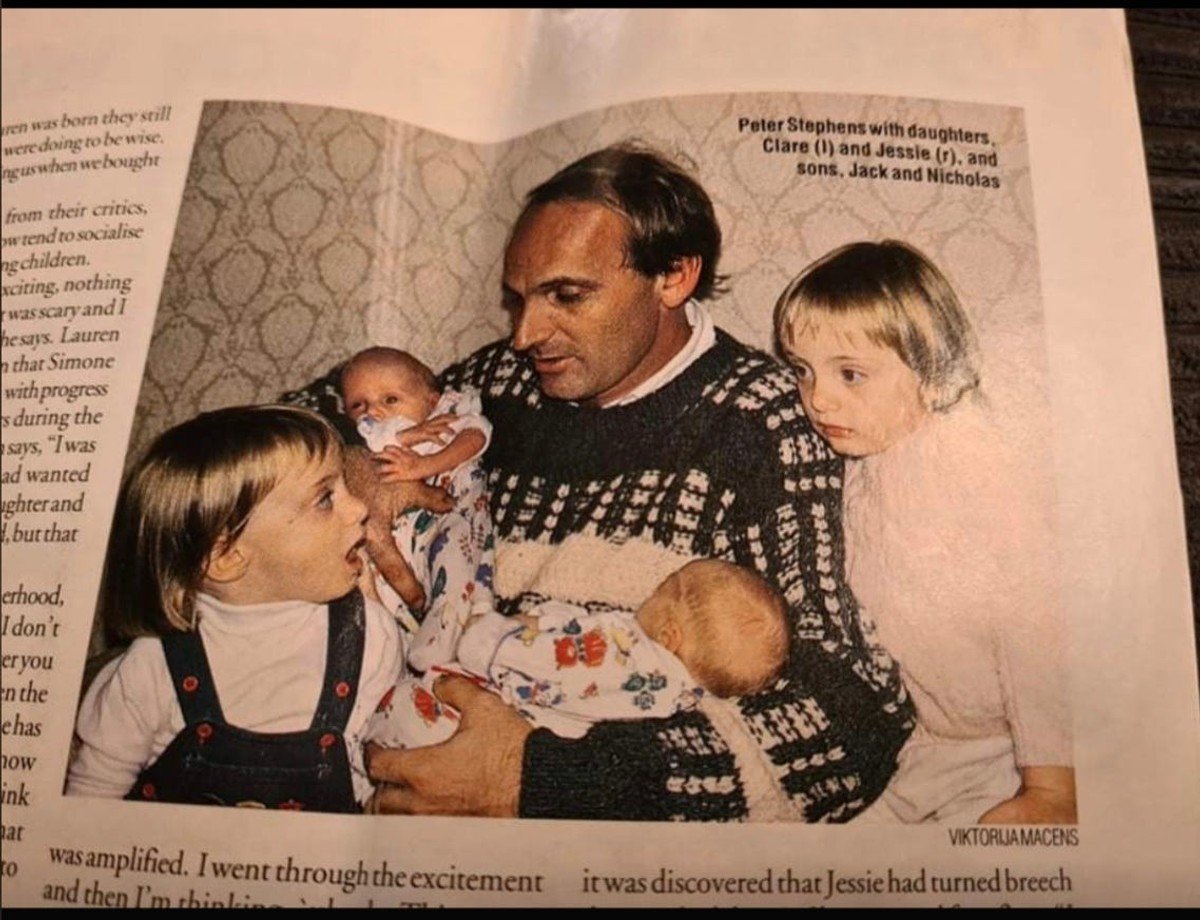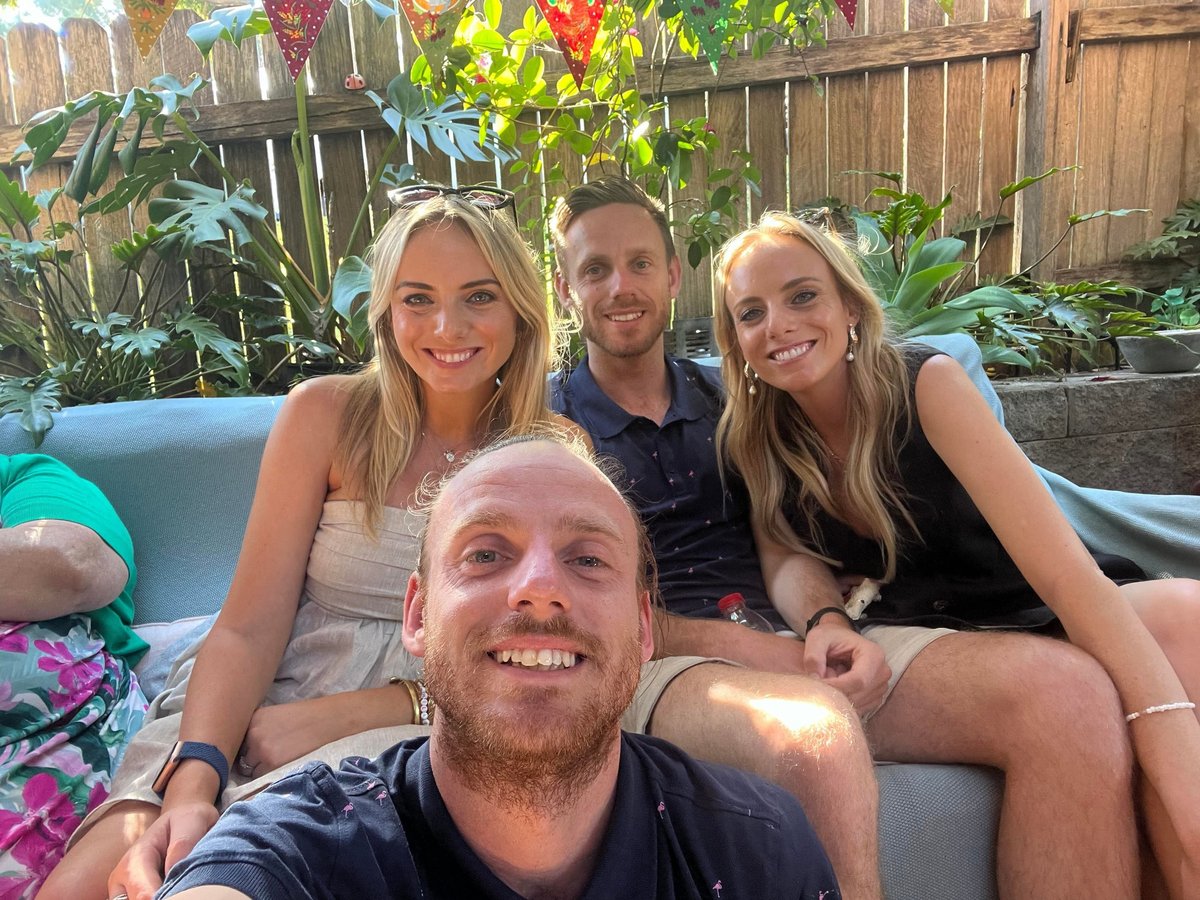
This article originally appeared on Jessie Stephens' Substack, Dwelling. Sign up here.
The ultrasound technician went very quiet a few minutes into my seven-week dating scan.
I was alone and nervous. I'd experienced a pregnancy loss and had fallen pregnant the next month, which is to say I was expecting bad news. I had come desperate to hear a heartbeat. When my husband later messaged me, asking, "is there a heartbeat?", I didn't know how to reply. There was an issue with his use of the singular noun.
She passed me some paper towel, signalling the end of the abdominal ultrasound. "I'm going to do an internal ultrasound, I'll take a little look then tell you what I can see, okay?" she said calmly. I changed, and as I laid back down, I wondered if maybe I was earlier than I'd calculated. Maybe she couldn't see anything yet. Numbers have never been my strong suit.
Watch: Jessie Stephens shares personal essay on miscarriage. Post continues after video.
The internal commenced and I stared at the ceiling. Minutes passed. "Alright," she said, "You can see, there's a heartbeat, there's your baby inside a sac…"































































































